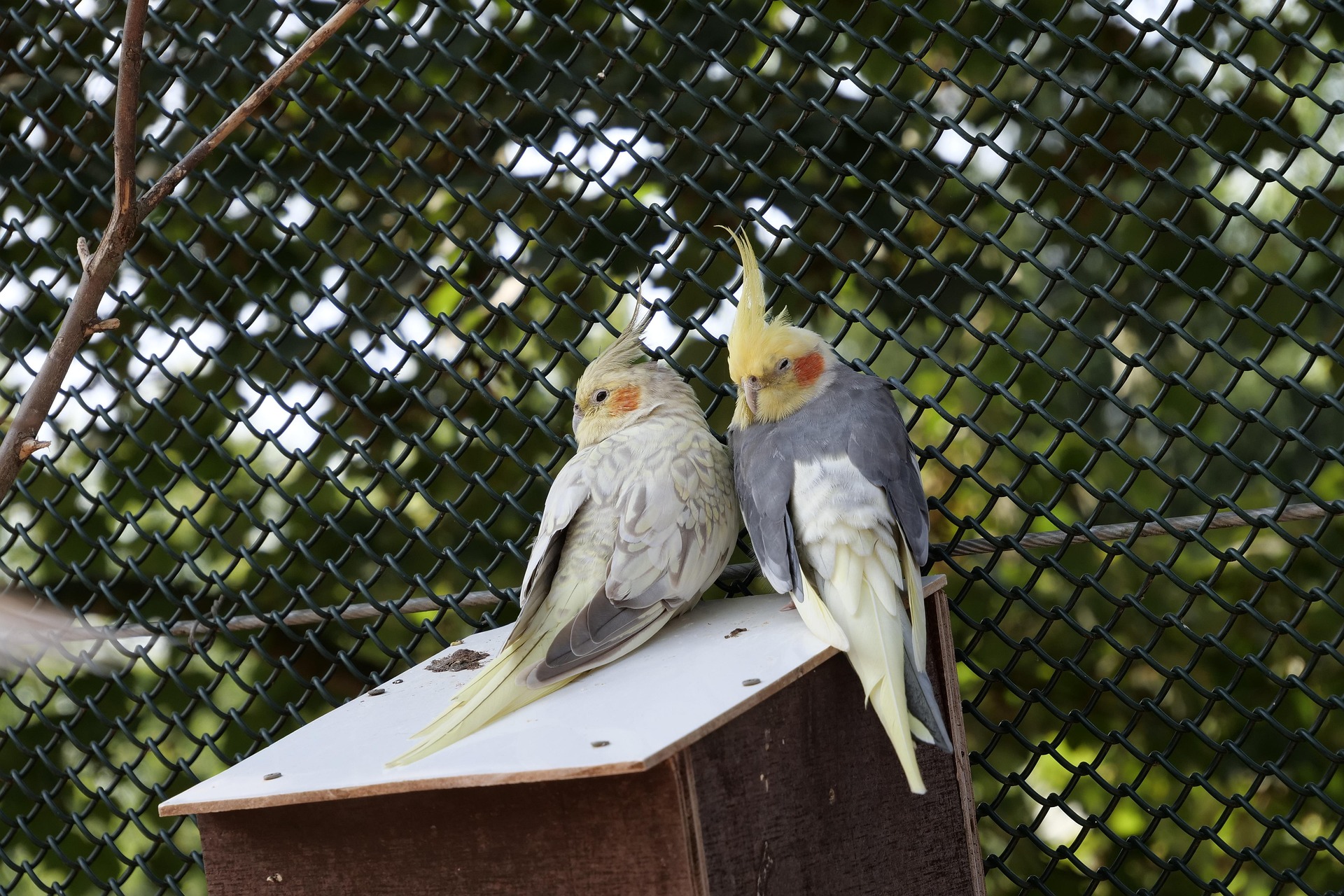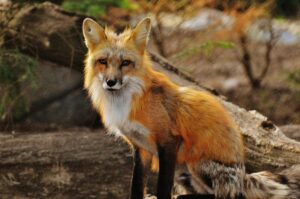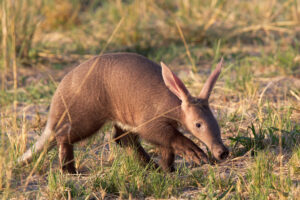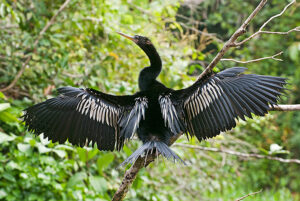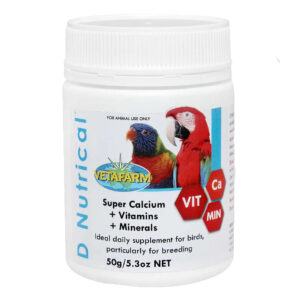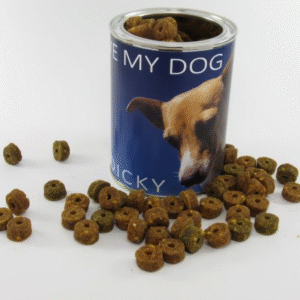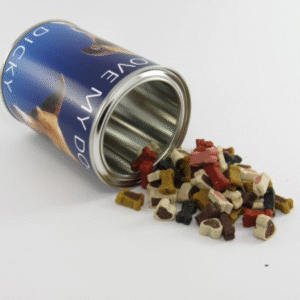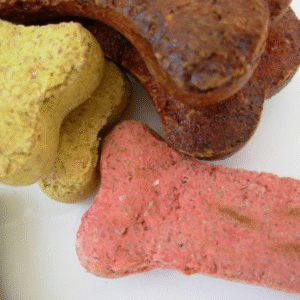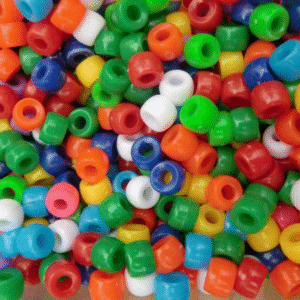Cockatiels (Nymphicus hollandicus) are small parrots native to Australia. They are popular as pets due to their friendly, social, and affectionate nature, as well as their low-maintenance care requirements. They have a distinctive appearance, with a distinctive crest of feathers on their head and a yellow face, and are known for their distinctive whistle.
Cockatiels are relatively easy to care for, but still require daily attention and interaction, a proper diet, and a suitable cage environment. Their diet should include a mix of seeds, vegetables, and fruits, and they also benefit from occasional supplements of calcium and vitamins. Cockatiels are active birds and need a cage large enough to allow them to move around and stretch their wings, with plenty of toys and perches to keep them entertained. Cockatiels can also be trained to do simple tricks and can be taught to whistle and sing, making them entertaining and interactive pets. With proper care and attention, cockatiels can live for up to 15 years or more.
Cockatiel Care Fundamentals
Cockatiels are relatively low-maintenance pets, but still require proper care to thrive. Here are some basic care guidelines:
- Housing: A cage with horizontal bars and a solid bottom, measuring
at least 20 inches in length, 18 inches in width, and 24 inches in height,
is appropriate for a single bird.
- Diet: Offer a balanced diet consisting of a high-quality seed mix, fresh vegetables, and occasional fruits. Provide a source of calcium, such as cuttlebone or mineral block, and offer a vitamin supplement a few
times a week.
- Water: Provide fresh water daily and change it regularly to keep
it clean.
- Exercise: Cockatiels are active birds and need plenty of space to fly
and play. Provide a cage with plenty of perches, toys, and ladders to
keep your bird entertained and physically active.
- Social interaction: Cockatiels are social birds and benefit from daily
interaction with their owners. Spending time playing, training, and
bonding with your bird can help keep it happy and healthy.
- Health: Regular veterinary check-ups and a healthy diet can help
prevent common health problems, such as feather plucking, obesity,
and infections
Feeding Cockatiels
Cockatiels are omnivores and require a balanced diet to maintain their health. A proper diet for a cockatiel should include:
- Seeds: Offer a high-quality seed mix as the base of the diet. This should
include a variety of seeds, such as millet, sunflower, and safflower seeds. - Vegetables: Offer fresh, dark leafy greens, such as lettuce and spinach,
as well as other vegetables, such as carrots, peas, and corn. - Fruits: Offer occasional pieces of fruit as a treat, such as apples, grapes,
and bananas. - Pellets: Offer a commercial pellet food as a supplement to the diet. This
can provide additional nutrients, such as vitamins and minerals, that
may be lacking in seed-based diets. - Treats: Offer occasional treats, such as nuts, dried fruit, and mealworms,
but limit these to less than 10% of the diet to prevent overfeeding and
obesity.
Housing Cockatiels
Housing is an important aspect of caring for your cockatiel. Here are some guidelines for providing suitable housing for your bird:
- Cage size: A cage with horizontal bars and a solid bottom, measuring at
least 20 inches in length, 18 inches in width, and 24 inches in height, is appropriate for a single bird. Larger birds will require a larger cage. - Perches: Provide multiple perches of different sizes and textures, made
of natural materials such as wood, to provide comfortable resting places
for your bird. - Toys: Offer a variety of toys to keep your bird entertained, such as swings, ladders, and mirrors. Rotate the toys regularly to keep your bird interested.
- Nesting box: Provide a nesting box for your bird to use as a sleeping and
hiding place. - Location: Place the cage in a well-lit, quiet area away from direct sunlight,
draft, and noise. This will provide a comfortable and secure environment
for your bird. - Cleanliness: Clean the cage and its accessories regularly to prevent the
build-up of bacteria and other pathogens. Remove droppings and debris
daily, and wash the cage and perches weekly. - Access to the outdoors: Allow your bird to have access to the outdoors
for at least a few hours a day, if possible, in a secure and supervised environment.
Cockatiels as Pets
Cockatiels are popular as pets due to their friendly, social, and affectionate nature, as well as their low-maintenance care requirements. Here are some of the benefits of keeping cockatiels as pets:
- Affectionate: Cockatiels are known for their affectionate and social nature,
and they enjoy interacting with their owners. They are often referred to as “lovebirds” due to their strong bonding potential. - Easy to care for: Cockatiels are relatively low-maintenance pets and are
well suited to first-time bird owners. They have simple dietary and housing requirements, and are hardy birds that can adapt to a variety of
environments. - Entertaining: Cockatiels are active and playful birds that can be trained
to do simple tricks, such as whistle and sing. They are also known for their distinctive calls and songs. - Long lifespan: With proper care, cockatiels can live for up to 15 years or
more, making them long-term companions. - Low-cost: Compared to other pet birds, cockatiels are relatively low-cost,
with a reasonable price for their cage, food, and toys.
However, owning a cockatiel also requires a significant commitment, as they require daily attention and interaction, a proper diet, and a suitable cage environment. Before getting a cockatiel, consider if you have the time, resources, and space to provide for its needs.

